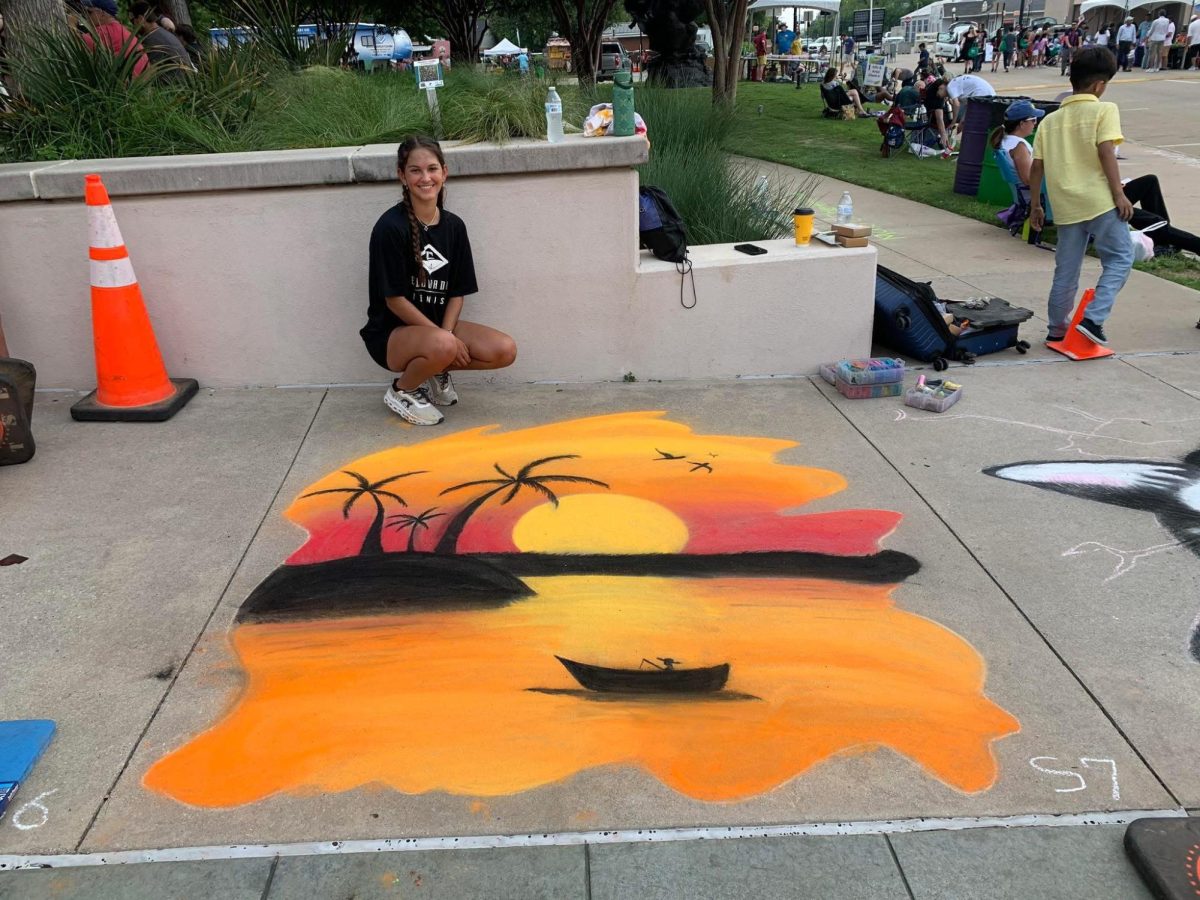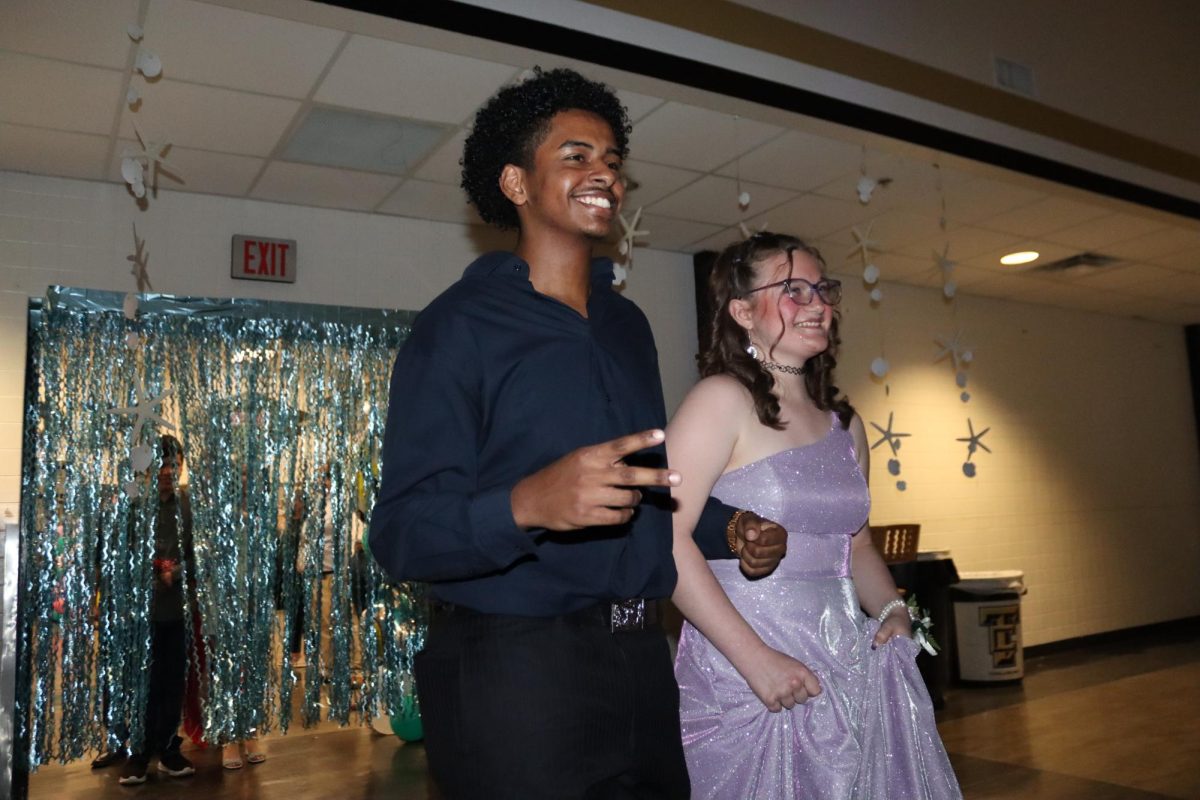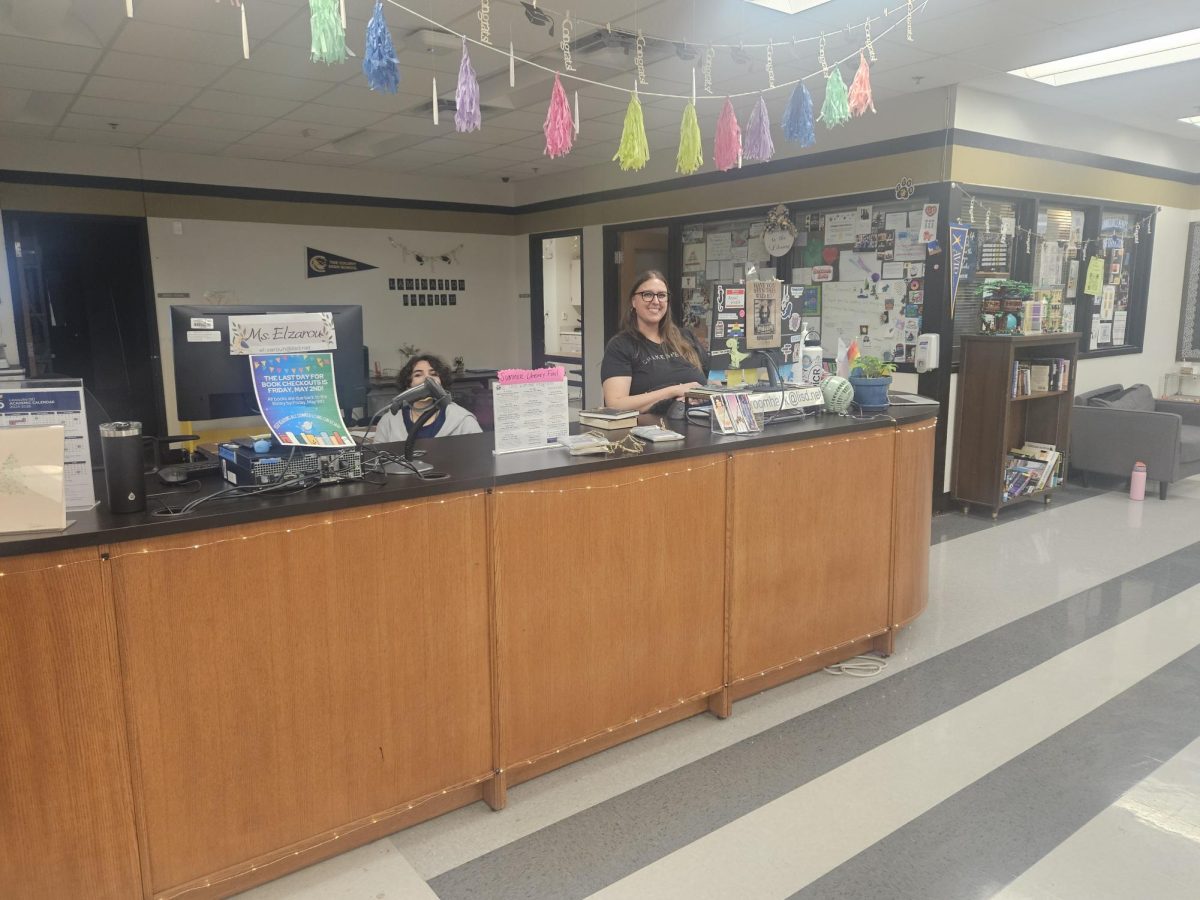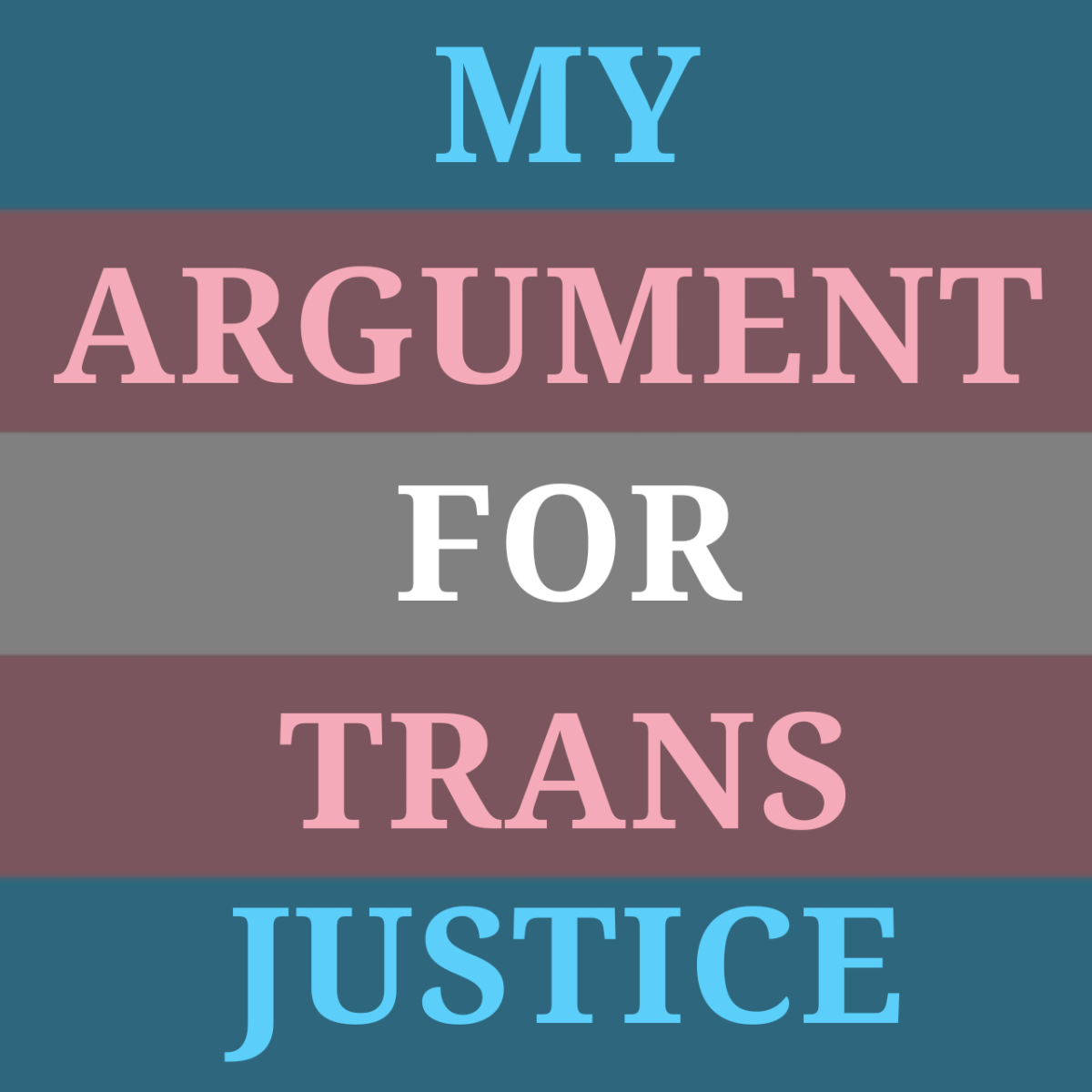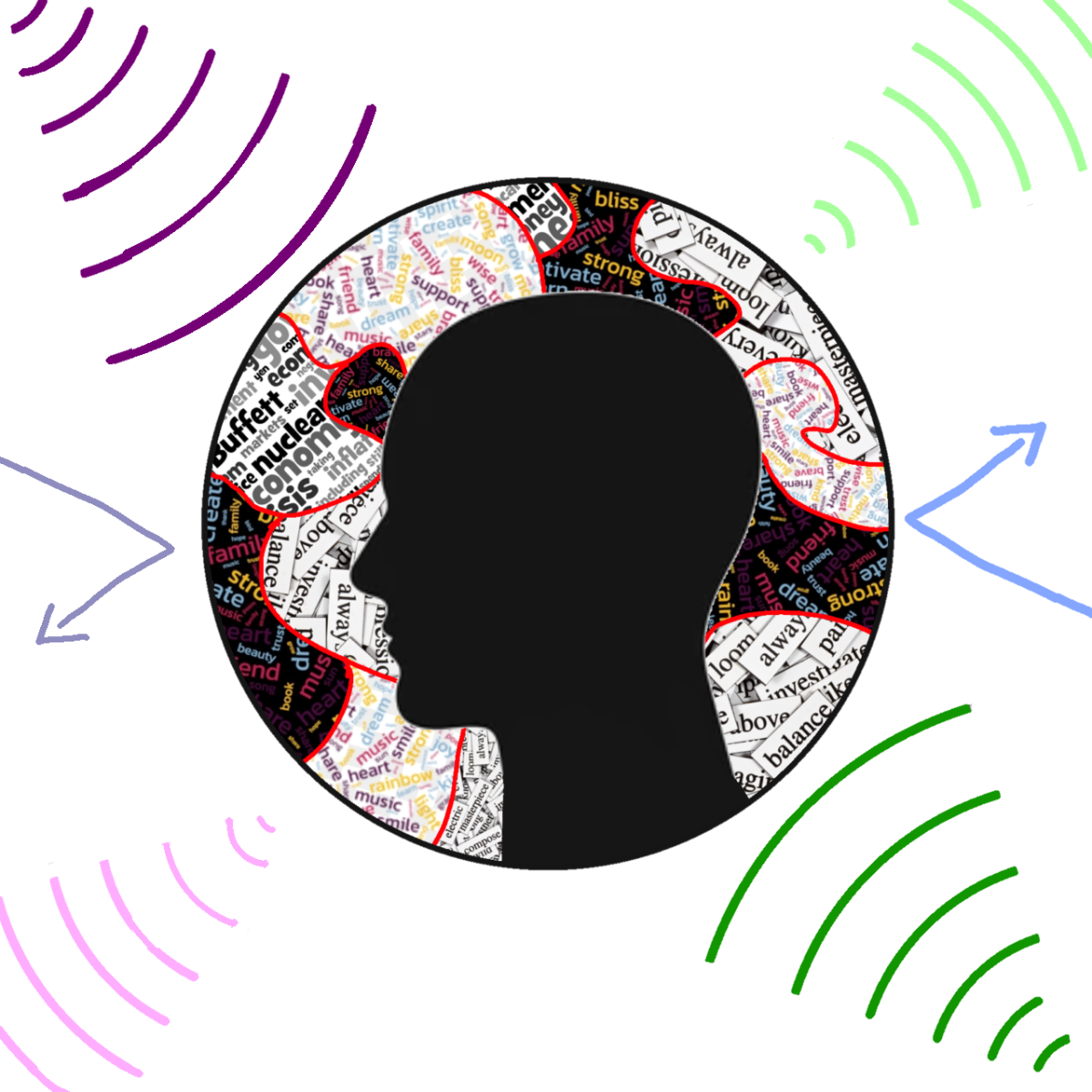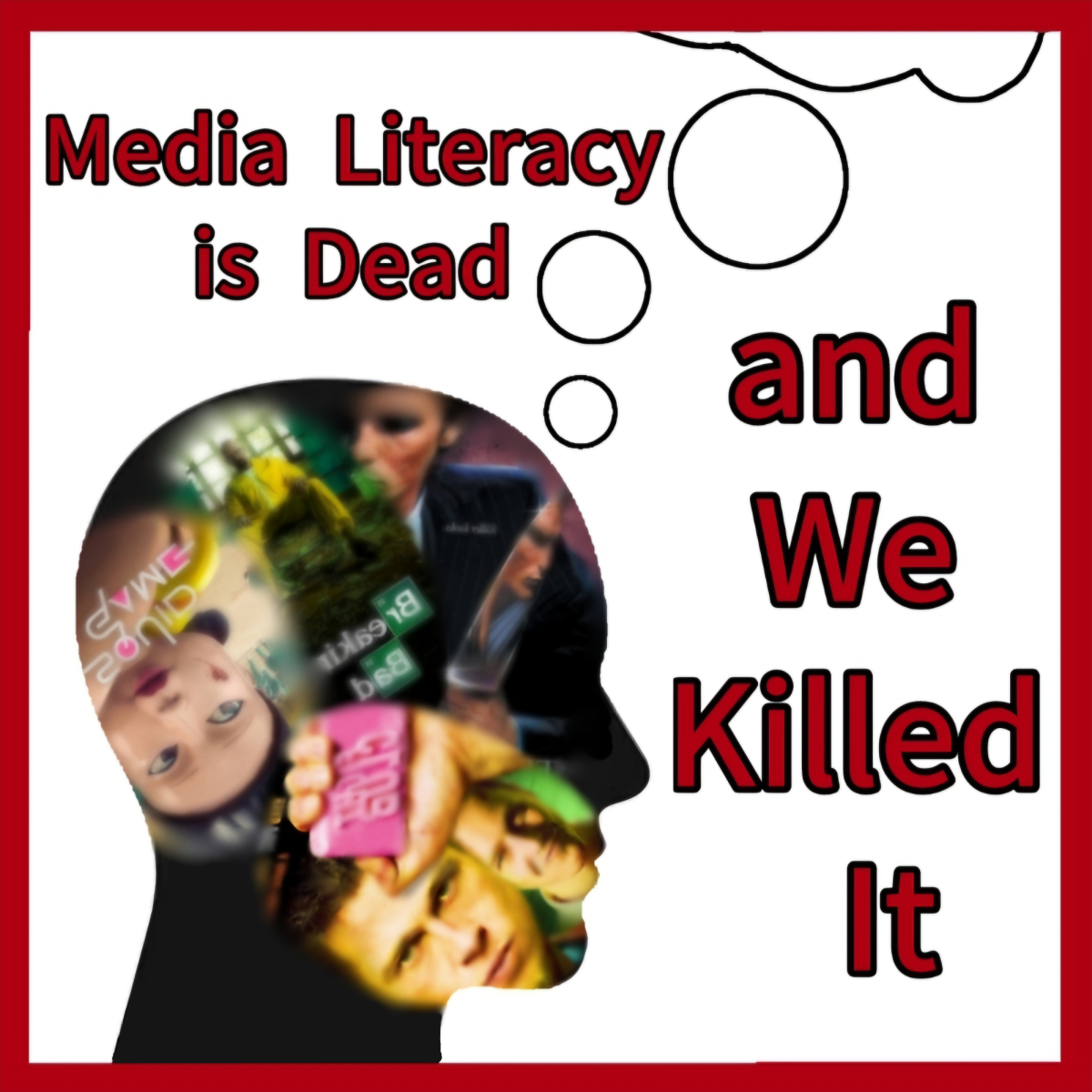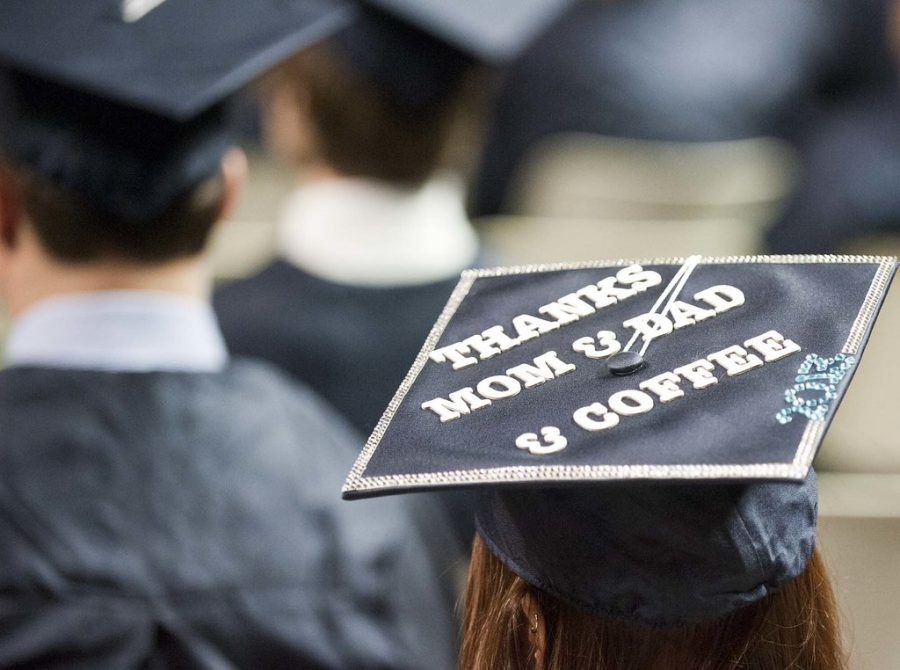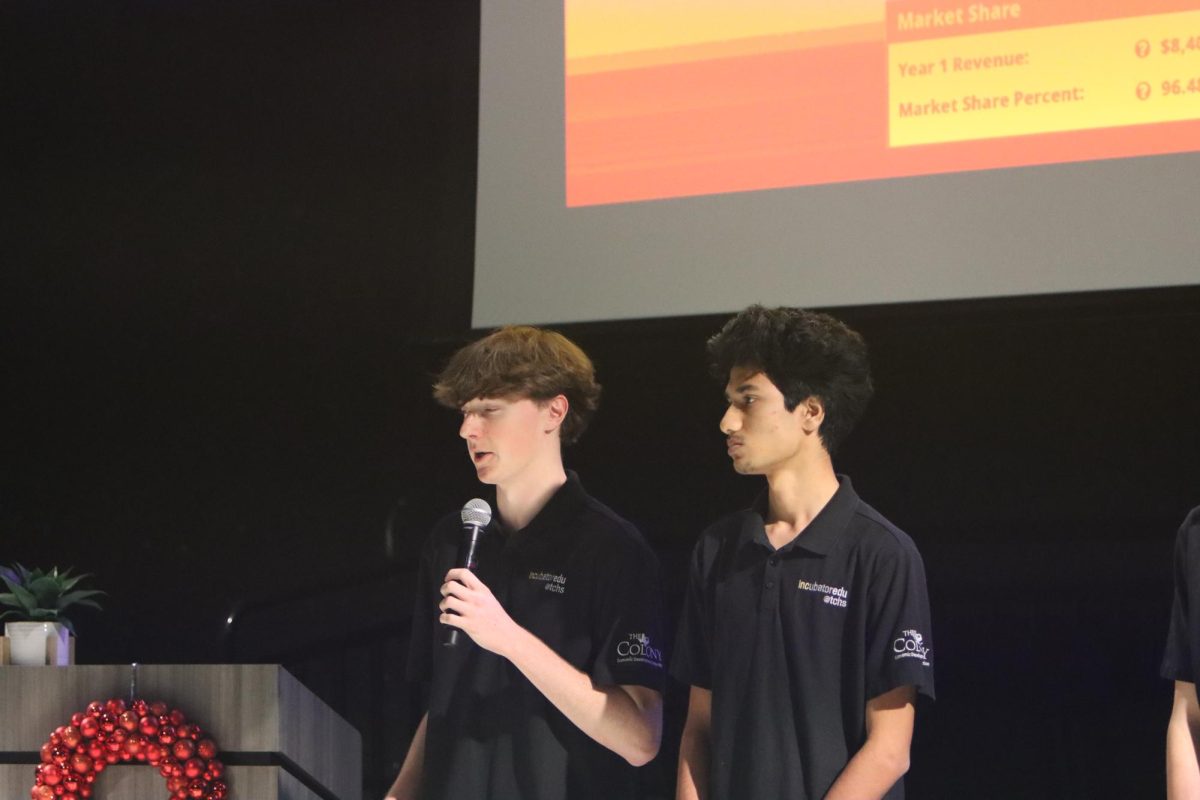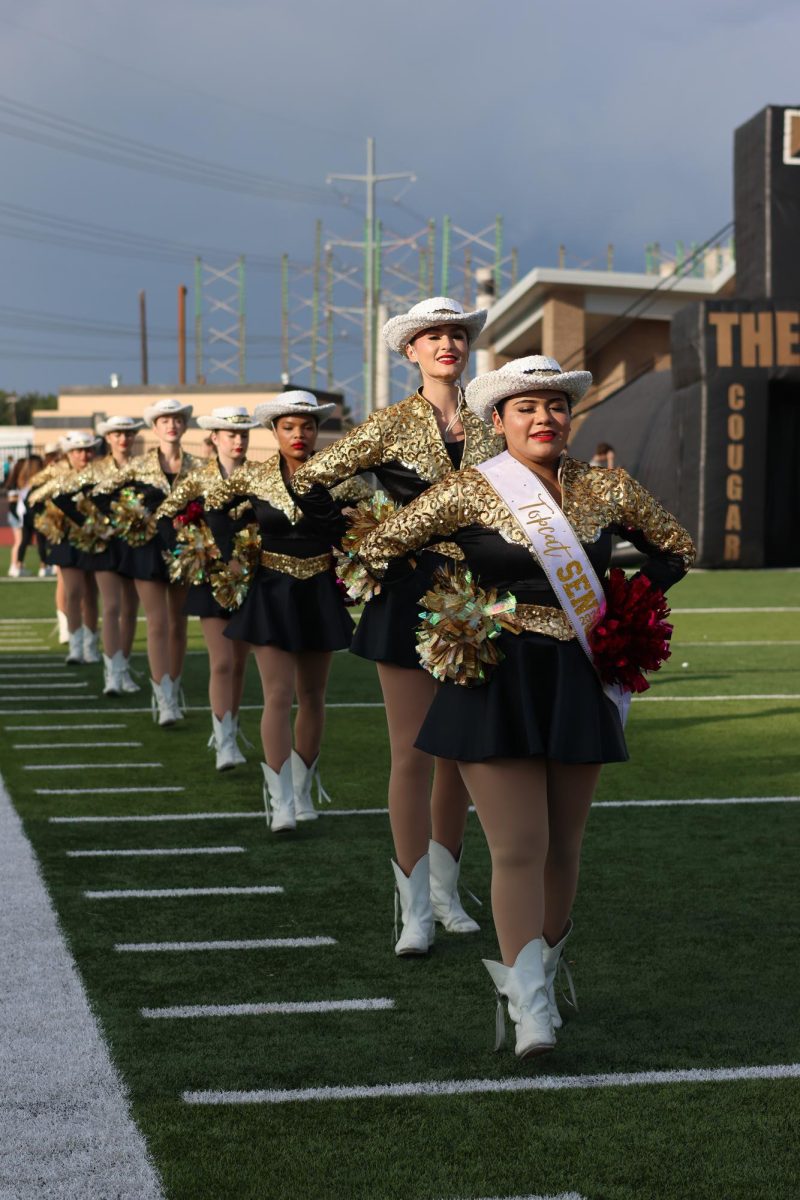Ramadan affects the daily lives of TCHS students, including their routines, schoolwork and personal lives. The worldwide holiday is much more than just fasting, but also a time for reflection, prayer, and spending time with the community.
Ramadan is the 9th month of the Muslim Calendar. Ramadan is a month where fasting is mandatory. This means participants abstain from food or drink from the break of dawn to sunset for 29 or 30 days depending on the month it lands on. What this means is that it’s one of the main obligatory deeds and acts that Muslims have to perform.
This holiday also brings families together.
Ramadan is also about coming together as a community and there is an emphasis on breaking the fast together, to congregate and gather together as families, as a community they open their fast.
Ramadan can make participants feel tired or exhausted.
“Ramadan affects my school life in ways where at times in the day I’d normally be energetic and ready to start my day and do my work. I instead feel lethargic, and like I don’t have the energy to do things I normally would.” Maryam Jangda
Even though it’s a hard struggle people still find a way to continue through.
“It’s just the love you have for god, and that’s a motivator to remind yourself why you’re doing this.” Maryam Jangda
In all, this holiday is an important time to reflect and better their relationship with god. A time for connecting with others who share the same beliefs with you. It’s not just about fasting, but also about taking time to grow spiritually and be more thankful for what we have.


